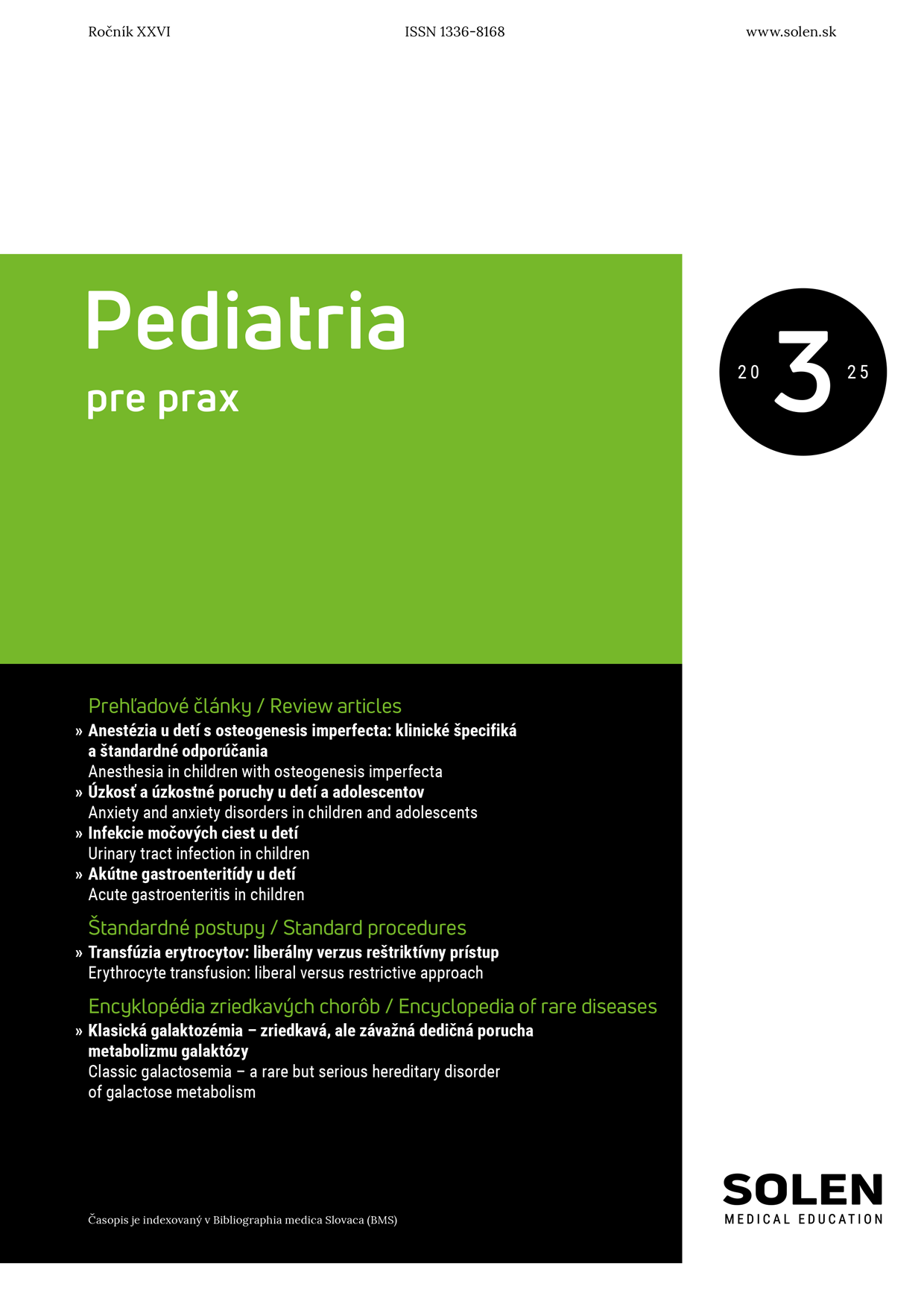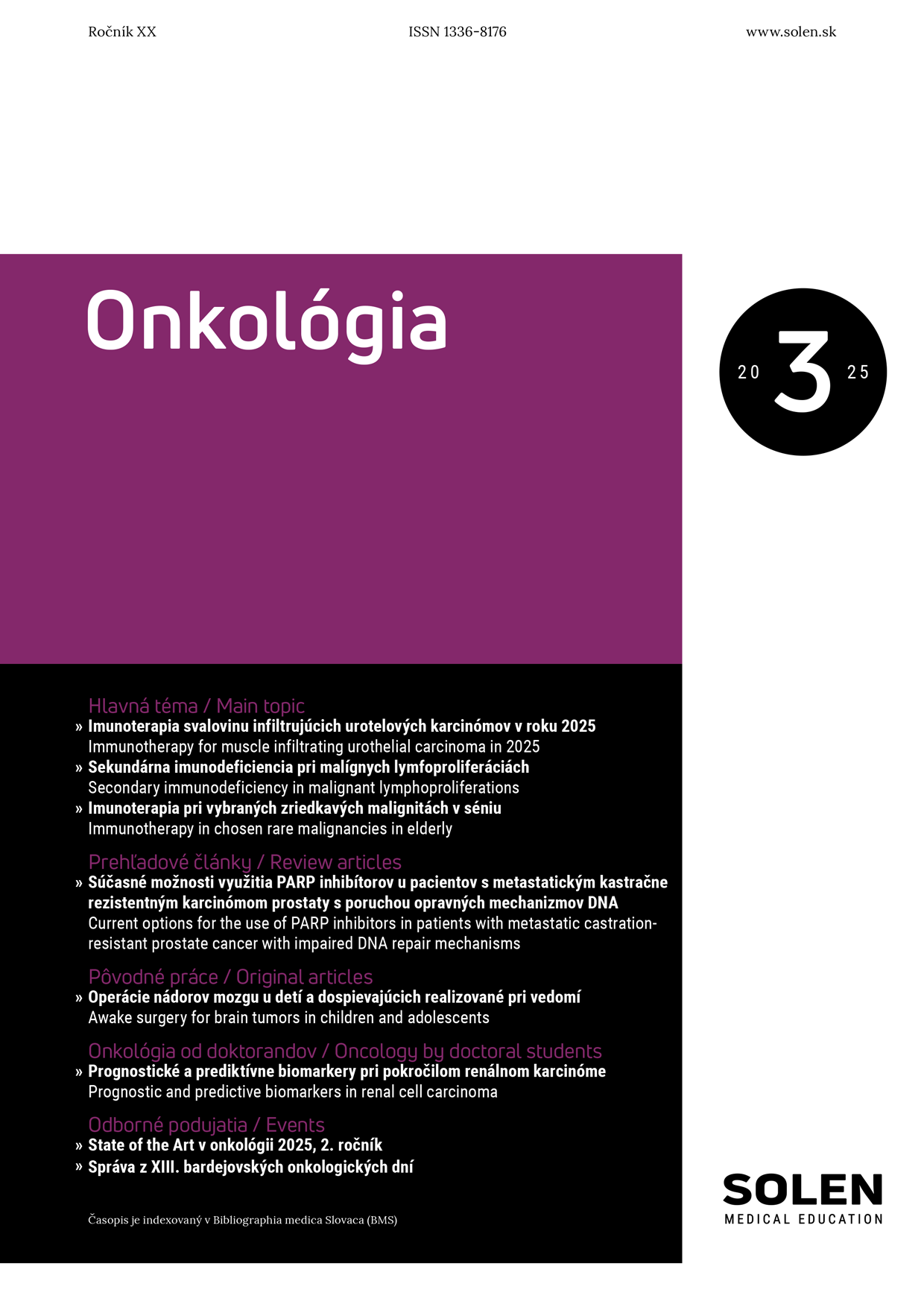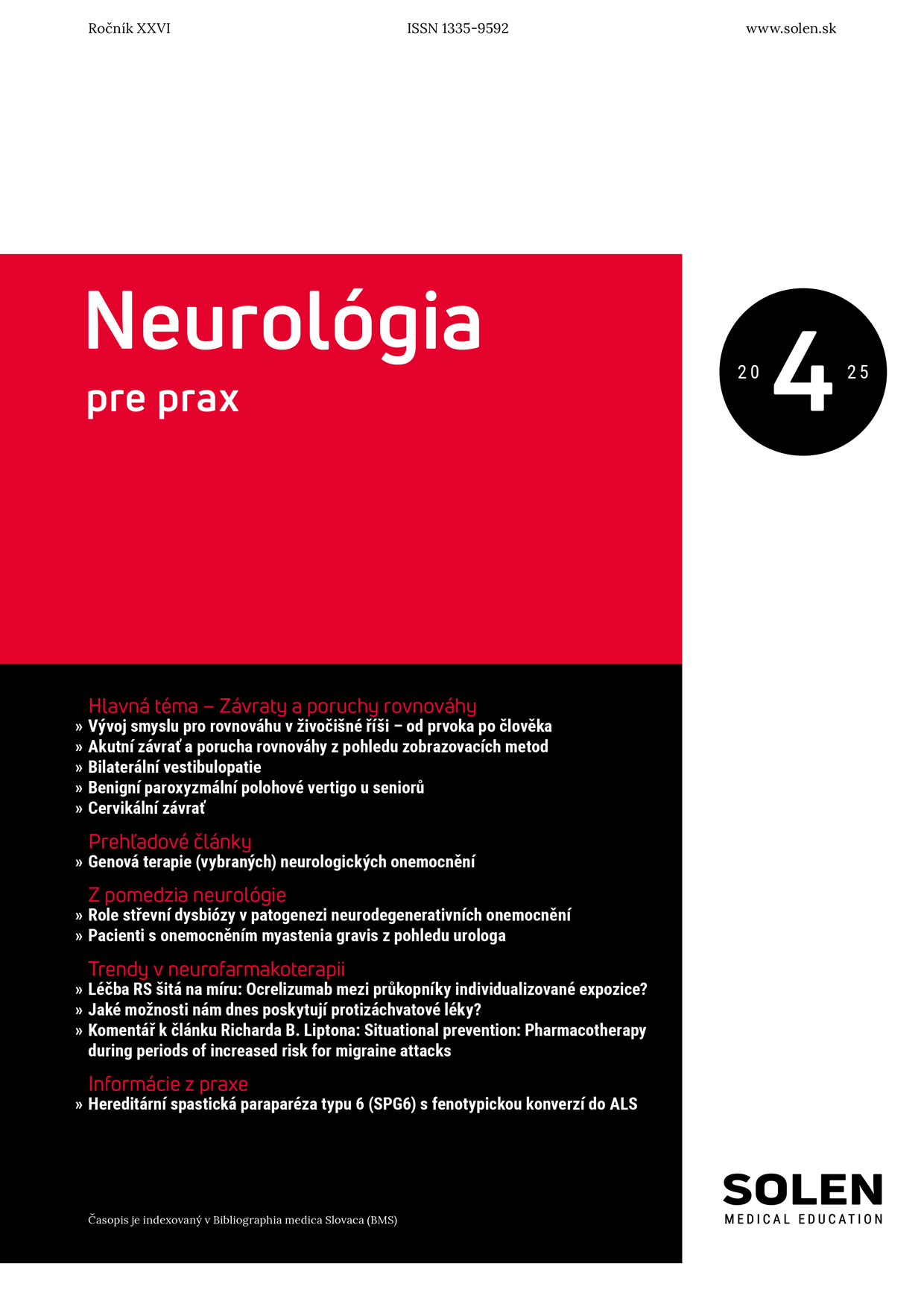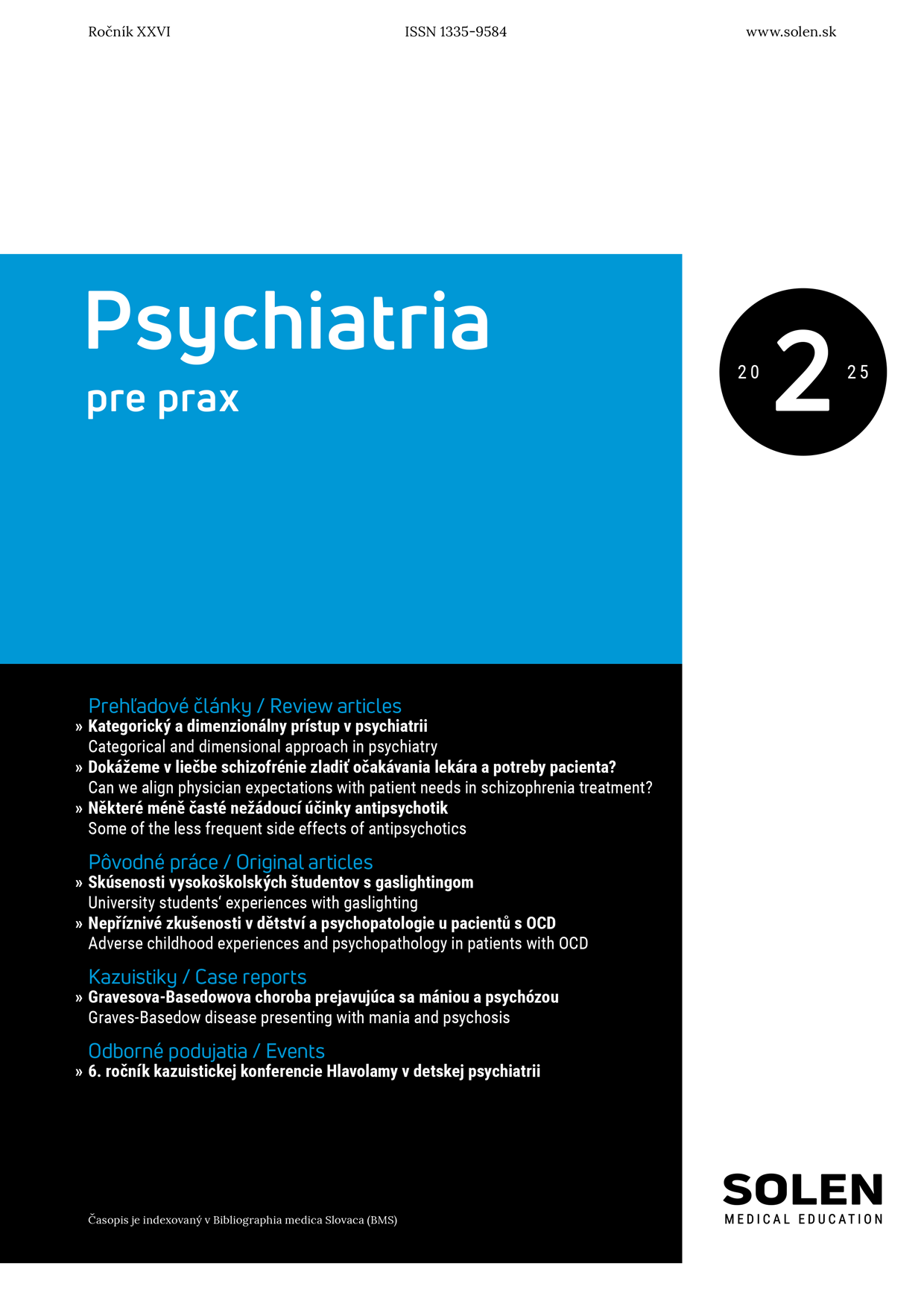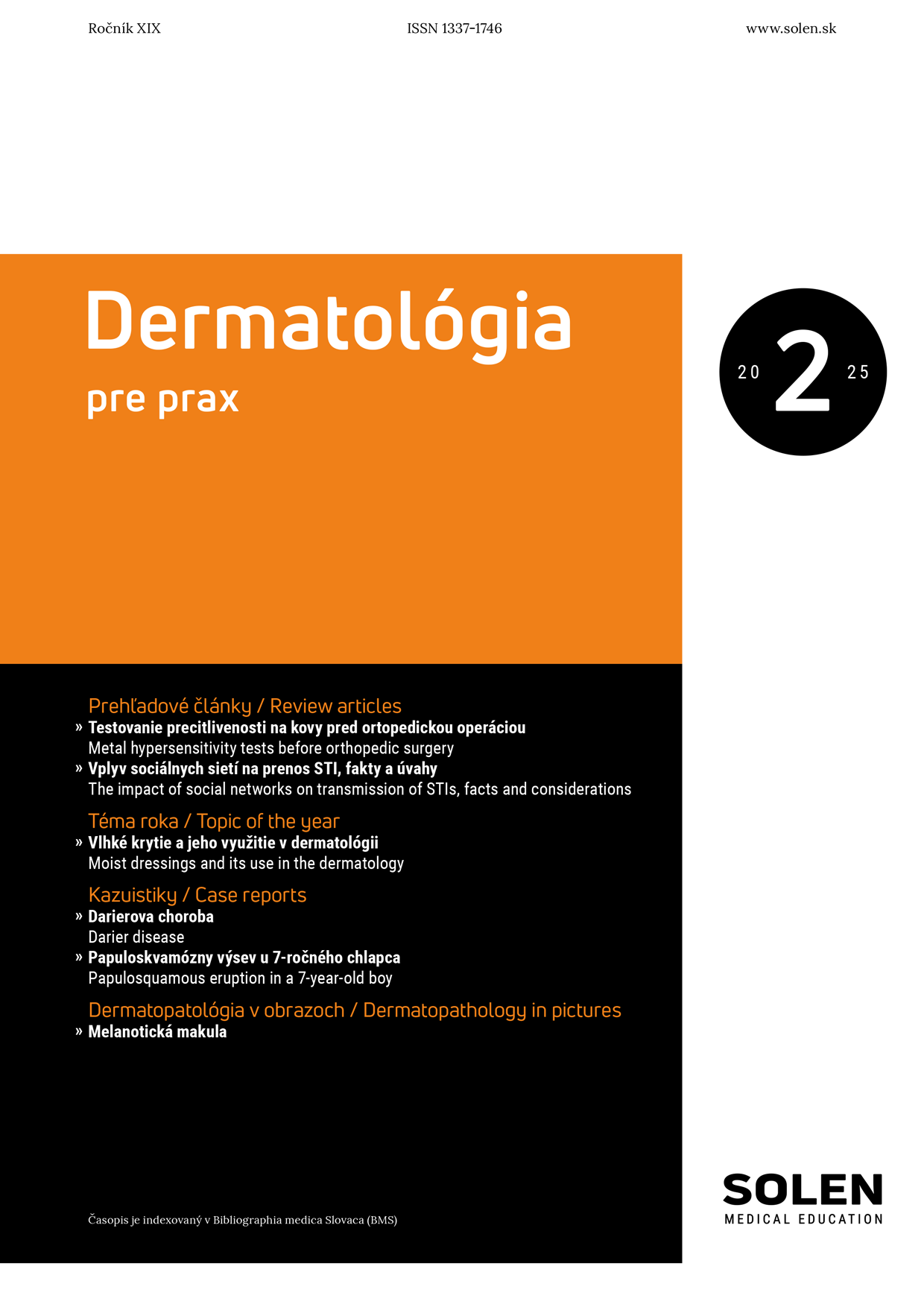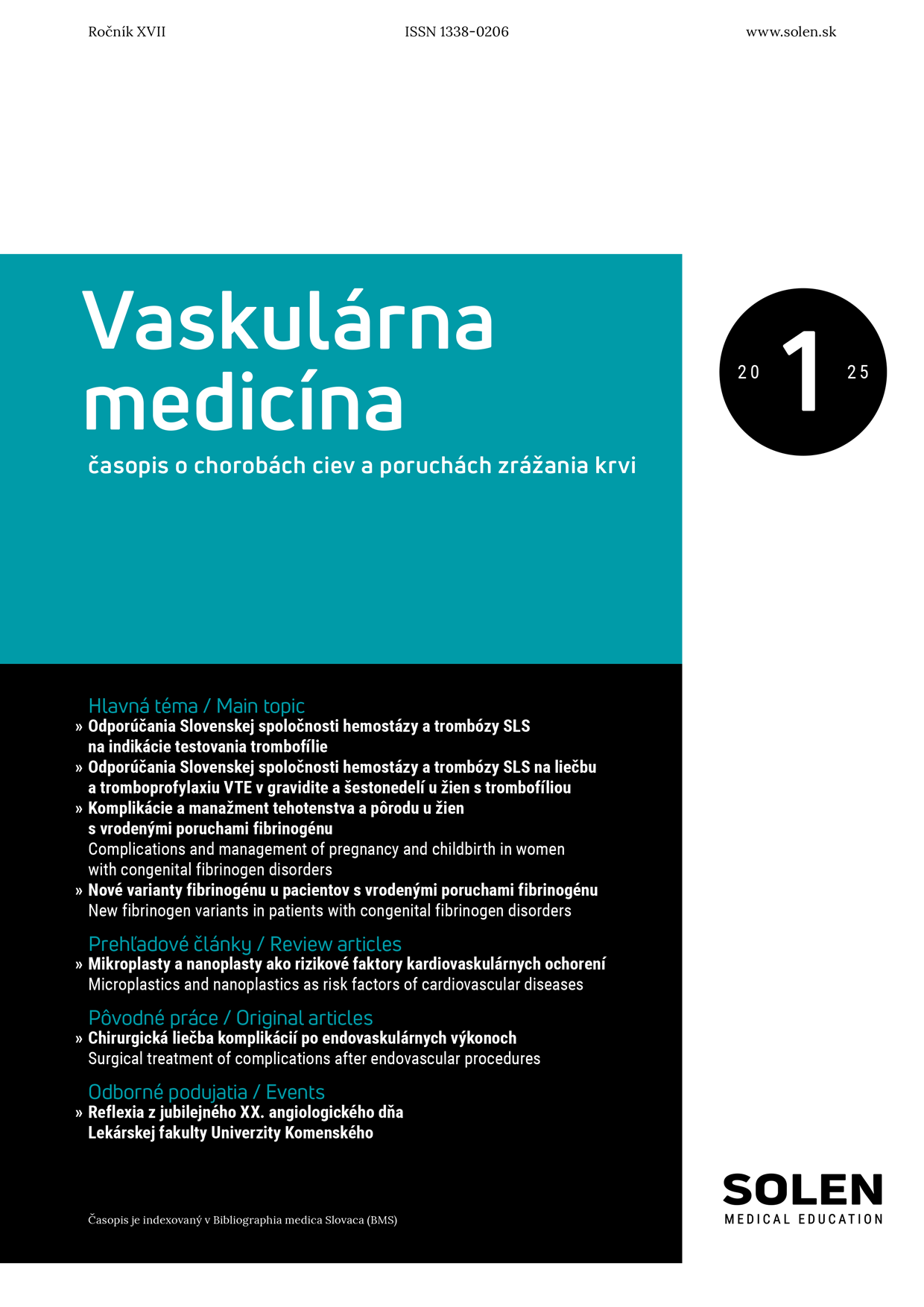Psychiatria pre prax 4/2013
Disociativní poruchy a možnosti psychofarmakoterapie
MUDr. Alena Večeřová-Procházková
V psychopatologii se disociace projevuje především poruchami integrace funkcí paměti, identity a vědomí, v situacích, kdy se psychika jedince není schopna vyrovnat s určitým psychickým obsahem. Za jádrové symptomy jsou považovány amnézie, depersonalizace, derealizace a narušení identity. Spektrum komorbidit zahrnuje symptomy afektivních, úzkostných, psychotických poruch a poruch kontroly impulzů. Terapeutickou metodou volby je psychoterapie, psychofarmakoterapie je cílená na zmírnění či odstranění příznaků komorbidních poruch. Používají se antidepresiva SSRI a SNRI, antipsychotika druhé generace, antiepileptika a thymostabilizéry.
Kľúčové slová: disociace, psychofarmakoterapie, komorbidita.
Dissociative disorders and possibilities of psychopharmacotherapy
The pathological dissociation is manifested primarily in loss of normally integrated functions of memory, identity and consciousness, in situations where the individual psyche is not able to cope with an unacceptable mental content. Amnesia, depersonalization, derealisation and identity disturbances are considered as the core symptoms The wide range of comorbid symptoms include affective symptoms, anxiety, psychotic misperception and impulse-dyscontrol.The therapeutic method of choice is psychotherapy, psychopharmacotherapy is targeted to reduce or eliminate comorbid symptoms. SSRIs and SNRI antidepressants, second -generation antipsychotics, anticonvulsants and mood stabilisers are recommended.
Keywords: dissociation, psychopharmacotherapy, comorbidity.


